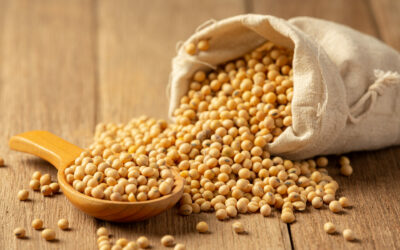Fasting has been used for centuries as a way to improve health and well-being. In recent years, research has shown that fasting can have a wide range of positive impacts on the body, including improving metabolism, reducing inflammation, and even promoting weight loss.
One of the primary ways that fasting can promote weight loss is by reducing calorie intake. When you fast, you’re not consuming any food, which means that you’re not taking in any calories. This calorie deficit can lead to weight loss over time. Additionally, research has shown that when people fast, they tend to eat fewer overall calories, even when they’re not fasting. This is likely because fasting can help to reduce cravings and improve overall control over food intake.
Another way that fasting can promote weight loss is by increasing the body’s ability to burn fat. When you fast, your body is forced to start breaking down fat stores for energy. This process, called lipolysis, can lead to weight loss over time. Additionally, research has shown that fasting can increase the activity of certain enzymes that are involved in fat metabolism, which may further promote weight loss.
Fasting can also have a positive impact on hormones that regulate hunger and fullness, specifically the hormones ghrelin, and leptin. Ghrelin, also known as the “hunger hormone,” is produced by the stomach and increases hunger. Leptin, on the other hand, is produced by fat cells and decreases hunger. Research has shown that during a fast, ghrelin levels increase, which may reduce feelings of hunger, while leptin levels decrease, which may help to reduce cravings and improve overall control over food intake.
Fasting can also have a positive impact on insulin sensitivity. Insulin is a hormone that regulates blood sugar levels and fat storage in the body. When insulin sensitivity is high, the body is better able to use insulin to regulate blood sugar and fat storage, which can lead to weight loss. Research has shown that fasting can improve insulin sensitivity, which may promote weight loss over time.
It’s important to note that fasting should not be used as a sole treatment for weight loss, and it’s always recommended to consult with a doctor or a nutritionist before making any changes to your diet.
In conclusion, fasting has been shown in recent research to have potential positive impacts on weight loss. While more research is needed to fully understand the mechanisms behind these effects, fasting may be a promising addition to weight loss plans for its ability to reduce calorie intake, increase fat burning, regulate hunger and fullness hormones, and improve insulin sensitivity.
References:
- Harvie MN, Wright C, Pegington M, et al. The effect of intermittent energy and carbohydrate restriction v. daily energy restriction on weight loss and metabolic disease risk markers in overweight women. Br J Nutr. 2013;110(8):1534-47.
- Halberg N, Henriksen M, Söderhamn N, et al. Effect of intermittent fasting and refeeding on insulin action in healthy men. J Appl Physiol (1985). 2005;99(6):2128-36.
- Varady KA, Bhutani S, Church EC, et al. Short-term modified alternate-day fasting: a novel dietary strategy for weight loss and cardioprotection in obese adults. Am J Clin Nutr. 2009;90(5):1138-43.
- Heilbronn LK, Smith SR, Martin CK, et al. Alternate-day fasting in nonobese subjects: effects on body weight, body composition, and energy metabolism. Am J Clin Nutr. 2005;81(1):69-73.




0 Comments